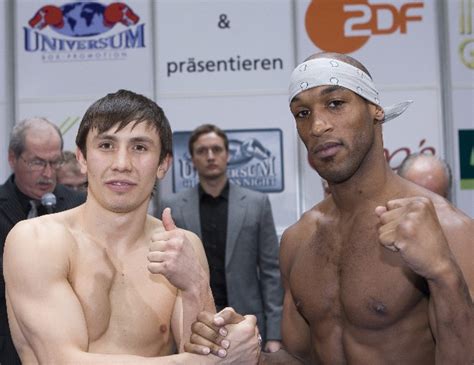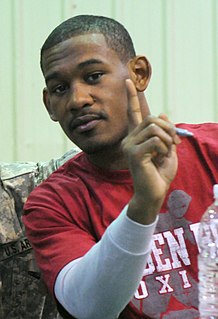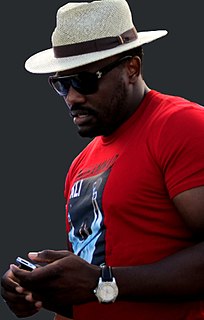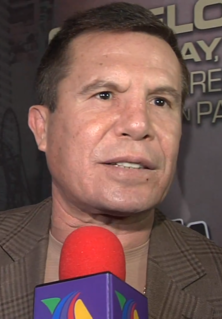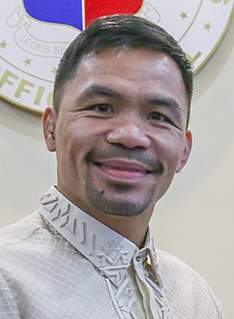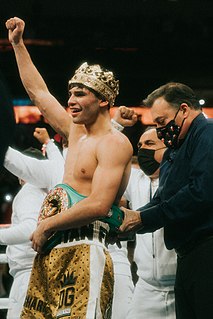A Quote by Ian Gardner
To have knowledge and to know are two different things, and one is possible without the other.
Related Quotes
The best-informed man is not necessarily the wisest. Indeed there is a danger that precisely in the multiplicity of his knowledge he will lose sight of what is essential. But on the other hand, knowledge of an apparently trivial detail quite often makes it possible to see into the depth of things. And so the wise man will seek to acquire the best possible knowledge about events, but always without becoming dependent upon this knowledge. To recognize the significant in the factual is wisdom.
The word "knowledge" itself, we like to break it down into two different words, "know" and "ledge." You've got to know the ledge. Know the limitation of things. Know where they go, know where they start from. We say knowledge is the basic foundation of the universe. But everything is first based on something being known. Then, when it's known, then it can be manifested.
To me, everything is endless variations on other things. Like waves in the ocean. They continue to turn over on each other, and they're all slightly different. I don't know if originality is possible. Is it even necessary? Because everything is different than what came before, but it's all branches from the same tree. Originality is overrated, but what you do with things is always different.
Without knowledge of self there is no knowledge of God Our wisdom, in so far as it ought to be deemed true and solid Wisdom, consists almost entirely of two parts: the knowledge of God and of ourselves. But as these are connected together by many ties, it is not easy to determine which of the two precedes and gives birth to the other.
These are two different exercises. One of them is, "You don't know and I know, so just shut up and listen," and the other one is, you're curious and you're learning, and I have a way where you can learn this so you'll know it as well. And when you know it, and know why you know it, then you don't have to reference me ever again because you take ownership of the knowledge, and you can then share it with someone else.
Knowledge signifies things known. Where there are no things known, there is no knowledge. Where there are no things to be known, there can be no knowledge. We have observed that every science, that is, every branch of knowledge, is compounded of certain facts, of which our sensations furnish the evidence. Where no such evidence is supplied, we are without data; we are without first premises; and when, without these, we attempt to build up a science, we do as those who raise edifices without foundations. And what do such builders construct? Castles in the air.
We absolutely must leave room for doubt or there is no progress and there is no learning. There is no learning without having to pose a question. And a question requires doubt. People search for certainty. But there is no certainty. People are terrified — how can you live and not know? It is not odd at all. You only think you know, as a matter of fact. And most of your actions are based on incomplete knowledge and you really don’t know what it is all about, or what the purpose of the world is, or know a great deal of other things. It is possible to live and not know.
Most of the things that really matter require faith. How do I know that my wife loves me? How do I know that Mozarts Jupiter Symphony is sublime and beautiful? There are all sorts of things which come at a more lowly level than that - How do I know that two plus two equals four? There are different layers, different types of knowing.
Most of the things that really matter require faith. 'How do I know that my wife loves me?' 'How do I know that Mozart's 'Jupiter Symphony' is sublime and beautiful?' There are all sorts of things which come at a more lowly level than that - 'How do I know that two plus two equals four?' There are different layers, different types of knowing.
At first glance, the key and the lock it fits may seem very different," Sazed said. "Different in shape, different in function, different in design. The man who looks at them without knowledge of their true nature might think them opposites, for one is meant to open, and the other to keep closed. Yet, upon closer examination he might see that without one, the other becomes useless. The wise man then sees that both lock and key were created for the same purpose.
By this we may understand, there be two sorts of knowledge, whereof the one is nothing else but sense, or knowledge original (as I have said at the beginning of the second chapter), and remembrance of the same; the other is called science or knowledge of the truth of propositions, and how things are called, and is derived from understanding.
